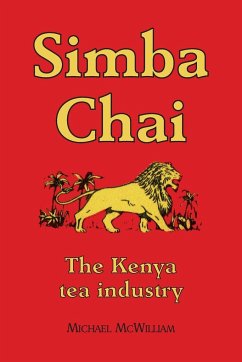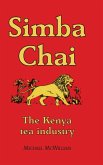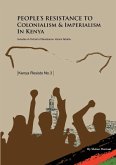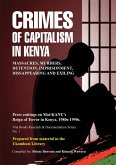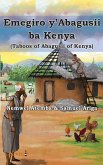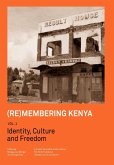Simba Chai is the first comprehensive history of the Kenya tea industry. From experimental plantings by enterprising settlers in the early 1900s, Kenya is now the largest supplier of tea to world markets. This has been achieved in the estates sector under the leadership of major tea companies who are now the country's largest employer, and then by the development of a smallholder sector now comprising some half a million farmers. Together they contribute Kenya's most valuable commodity export. The evolution of these complementary modes of production is traced through the initial constraints of an international restriction scheme and of reluctance to permit tea growing by Kenyan farmers, to the era of post-war expansion and the creation of an agency that enabled small farmers to grow tea successfully. Finally, challenges are identified that face the tea industry today.
Hinweis: Dieser Artikel kann nur an eine deutsche Lieferadresse ausgeliefert werden.
Hinweis: Dieser Artikel kann nur an eine deutsche Lieferadresse ausgeliefert werden.

